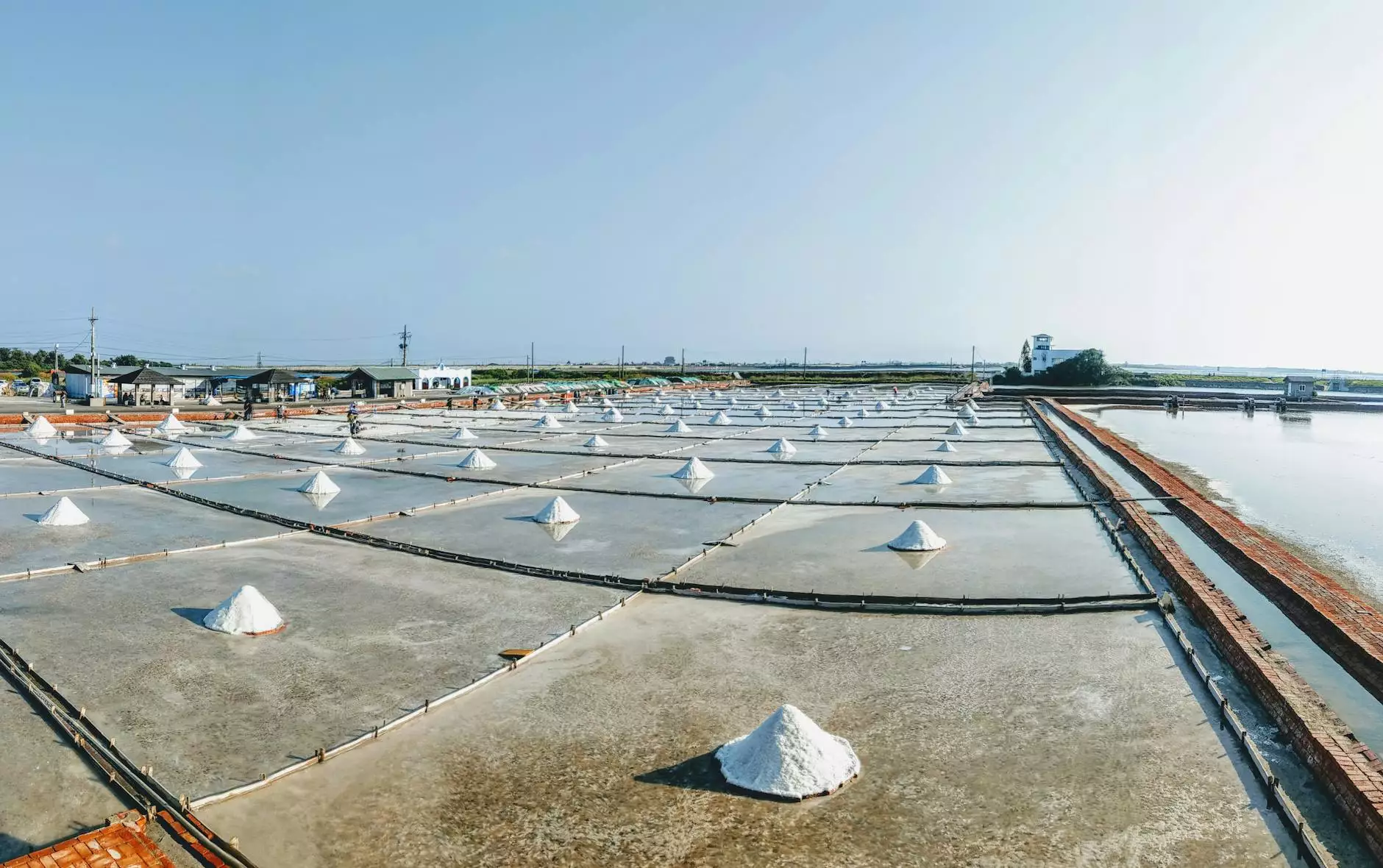The Importance of IQF Freezing Machines in Modern Food Processing

In the world of food processing and preservation, technology plays a critical role in ensuring that products maintain their quality and safety. One of the most revolutionary advancements in this field is the IQF freezing machine. This remarkable device has transformed how food is preserved, allowing businesses to enhance their product offerings while meeting the ever-increasing demands of consumers. In this article, we will delve into the intricacies of IQF freezing machines, their benefits, applications, and their significance in the refrigeration equipment industry.
Understanding IQF Freezing Technology
IQF stands for Individually Quick Frozen. This process involves freezing small food items individually at extremely low temperatures in a very short time. Unlike traditional freezing methods, which often lead to the formation of large ice crystals, IQF freezing prevents this issue. The elimination of large ice crystals not only helps in maintaining the cellular structure of food but also preserves its texture, flavor, and nutritional value.
How Does an IQF Freezing Machine Work?
An IQF freezing machine operates using a combination of advanced cooling technology and controlled air circulation. Here’s how it works:
- Pre-cooling: Food items are pre-cooled to reduce their initial temperature.
- Freeze Zone: Once pre-cooled, the food items are passed through a freezing chamber where cold air is circulated at high speeds. This rapid cooling prevents ice crystals from forming.
- Storage: After the items are frozen, they can be bagged or stored in bulk, maintaining their quality until they are ready to be packaged or shipped.
Benefits of Using IQF Freezing Machines
The adoption of IQF freezing machines in food processing comes with a myriad of benefits. These machines are vital for businesses looking to improve their efficiency and product quality. Let’s explore some of the key advantages:
1. Enhanced Product Quality
One of the most significant benefits of IQF technology is the preservation of food quality. Since the freezing process occurs quickly, the food retains its cellular integrity. This results in:
- Improved texture
- Enhanced color retention
- Better taste and nutritional value
2. Reduced Food Waste
Businesses dealing with perishable products often face challenges related to food spoilage. The use of an IQF freezing machine significantly reduces food waste through better preservation methods. By maintaining food quality, businesses can extend shelf life, minimize losses, and cater to broader market demands.
3. Versatility in Applications
IQF freezing machines are incredibly versatile and can be used across various food sectors, including:
- Fruits and vegetables
- Seafood
- Meats and poultry
- Prepared meals
This versatility enables food manufacturers to expand their product lines and reduce production times.
4. Facilitates Bulk Freezing
IQF freezing machines allow for the efficient freezing of large batches of food without compromising quality. This efficiency is crucial for businesses that cater to large-scale distribution and require fast processing times while ensuring product integrity.
5. Minimal Frost Build-up
Due to the quick freezing nature of the IQF process, there is minimal frost build-up in the packaging. This is particularly beneficial for businesses that aim to present their products attractively, as it enhances visual appeal and marketability.
Key Considerations for Investing in an IQF Freezing Machine
Choosing the right IQF freezing machine for your business is essential. Here are several key factors to consider before making a purchase:
1. Production Capacity
Assess the volume of products that your business intends to freeze. Different machines have varying capacities, so it’s crucial to align your equipment choice with your production demands.
2. Energy Efficiency
Energy costs can significantly impact your operational expenses. Understanding the energy consumption of an IQF freezing machine will help you choose an efficient model that balances performance with costs.
3. Maintenance Requirements
Regular maintenance is vital for ensuring the longevity and efficiency of any food processing equipment. Choose a machine that is easy to clean and maintain, and consider the availability of service and support from the manufacturer.
4. Technology and Features
Modern IQF machines come equipped with a variety of innovative features, such as automated controls, monitoring systems, and advanced refrigeration technology. These attributes can enhance the performance and usability of the machine.
IQF Freezing in the Food Industry: A Case Study
To illustrate the advantages of IQF freezing, let us examine a hypothetical case study of a company that produces frozen fruits for smoothies.
Situation Analysis
This company faced challenges with frozen fruit quality. Traditional freezing methods resulted in inferior texture and flavor, which impacted customer satisfaction and brand reputation.
Adoption of IQF Technology
After investing in an IQF freezing machine, the company experienced significant improvements:
- The rapid freezing process preserved the flavor and nutritional value of the fruits.
- Product returns due to quality issues reduced by over 30% within the first quarter.
- Customer feedback improved significantly, with many praising the freshness of the products.
Conclusion
The introduction of the IQF freezing machine revolutionized the company's operations, proving that investing in modern equipment can lead to tangible benefits in product quality and customer satisfaction.
The Future of IQF Technology in Business
As the demand for high-quality frozen products continues to grow, the role of IQF freezing machines will become increasingly vital in the food processing industry. Businesses that adopt this technology will not only stand out in a competitive market but also meet consumer expectations for quality and freshness.
Final Thoughts
Investing in an IQF freezing machine is not just about keeping food frozen; it's about improving quality, reducing waste, and enhancing customer satisfaction. Companies that prioritize such technologies will find themselves at the forefront of the food processing industry, benefiting from both operational efficiencies and improved market position.









